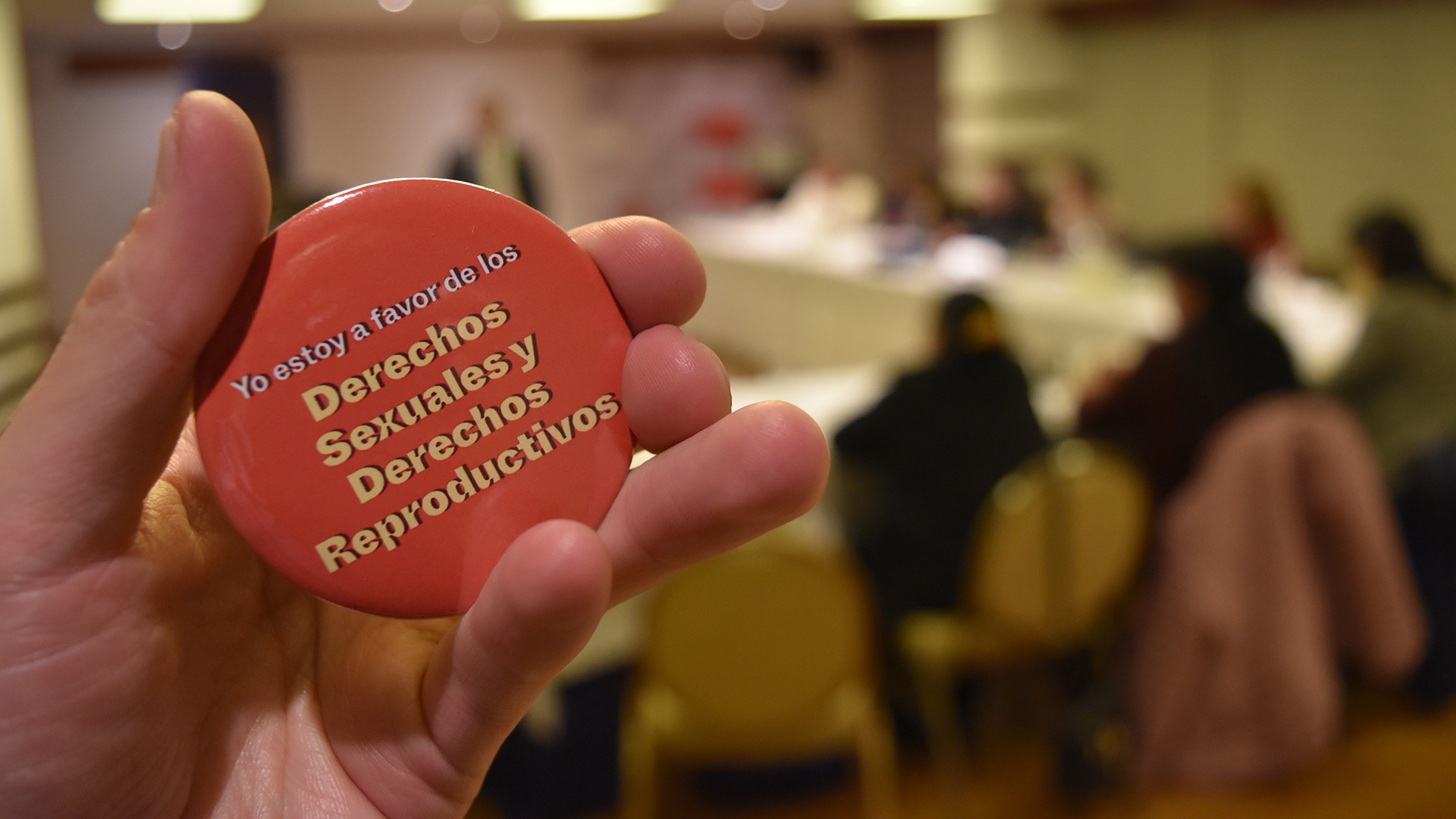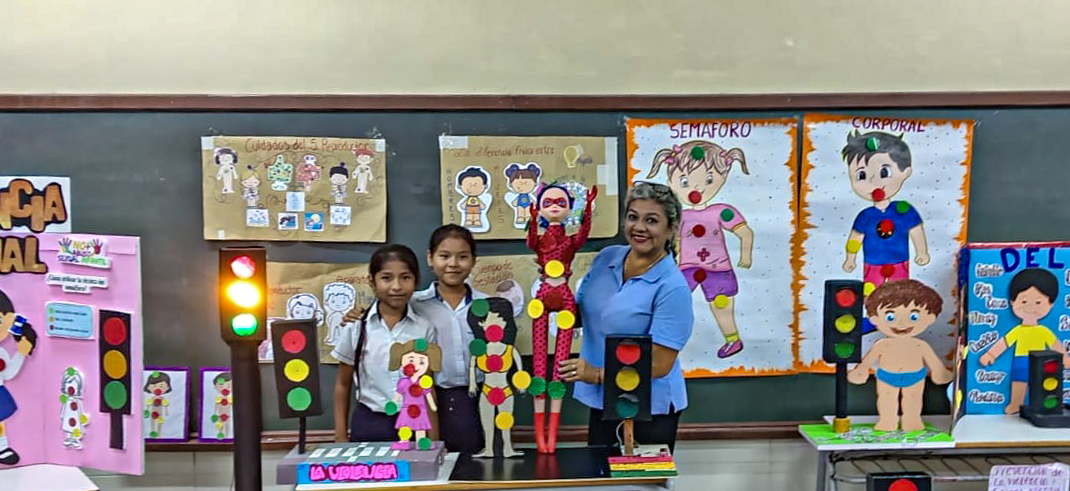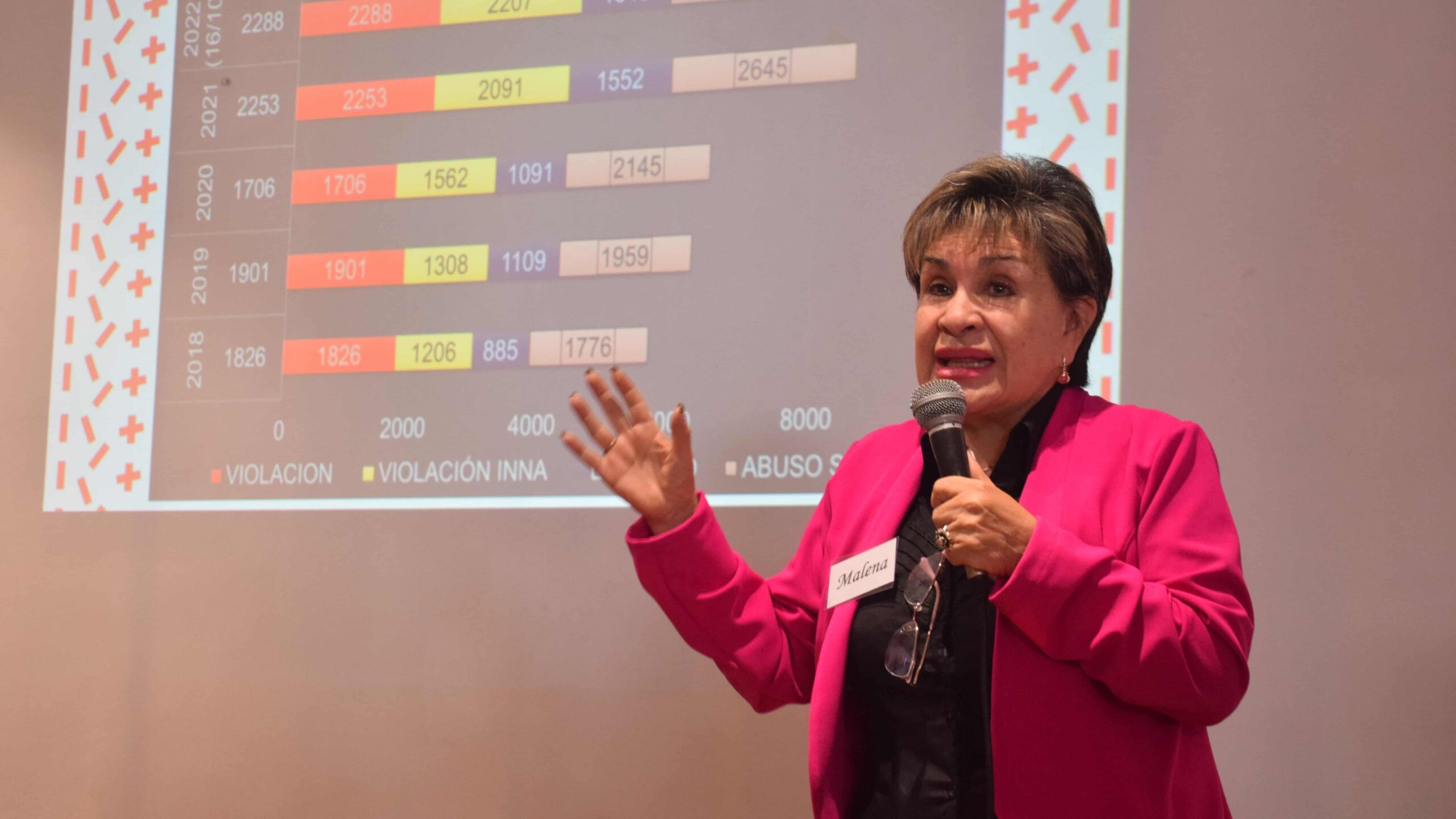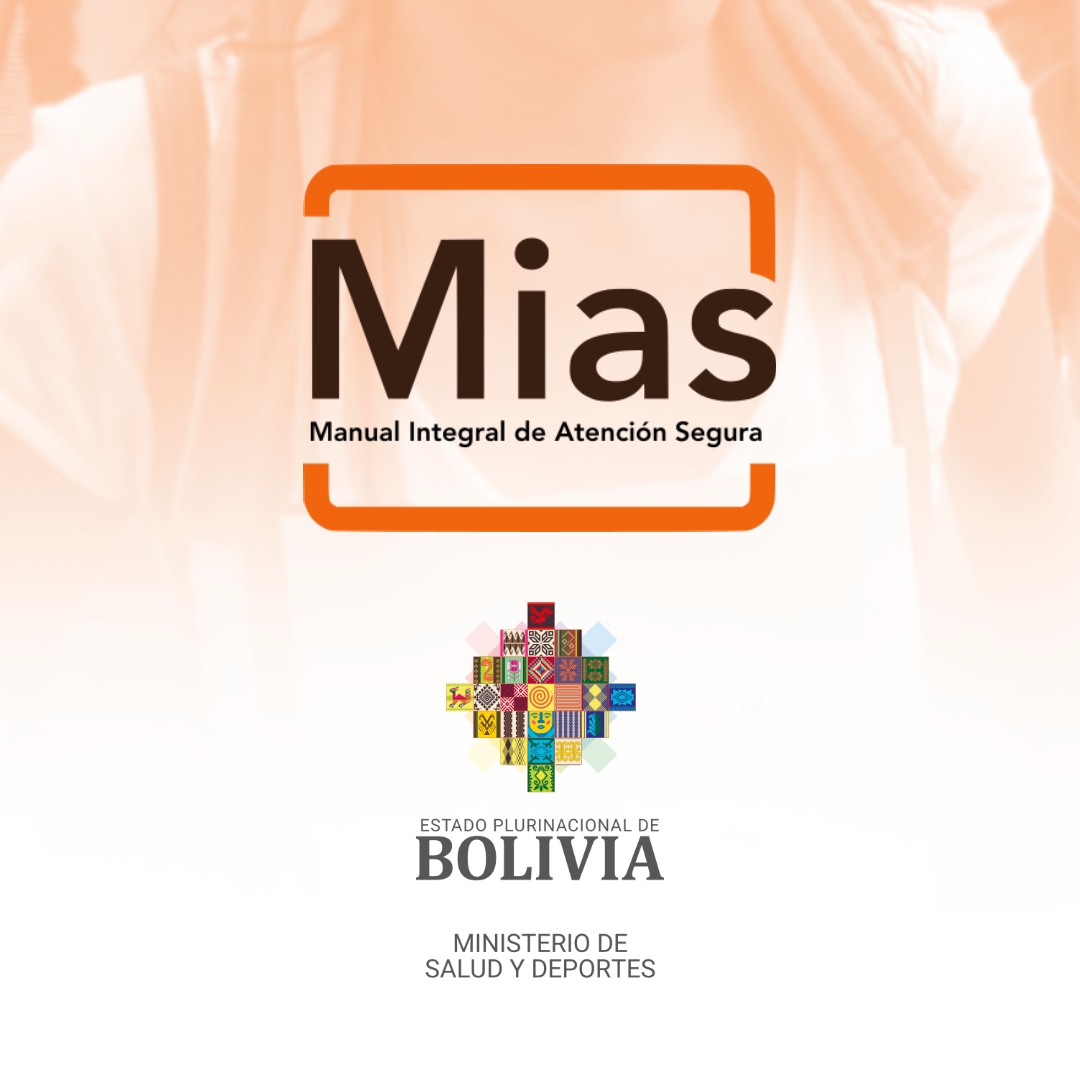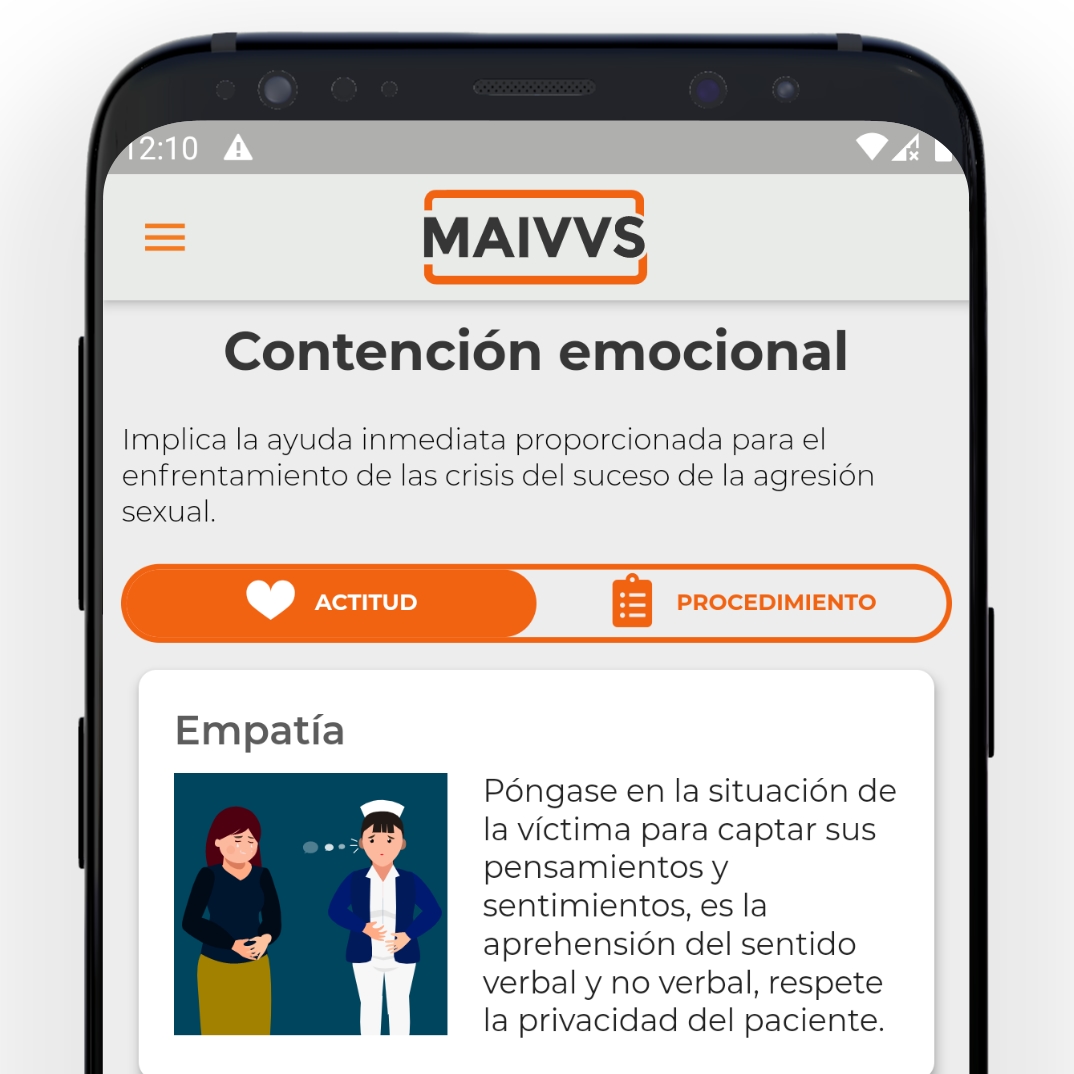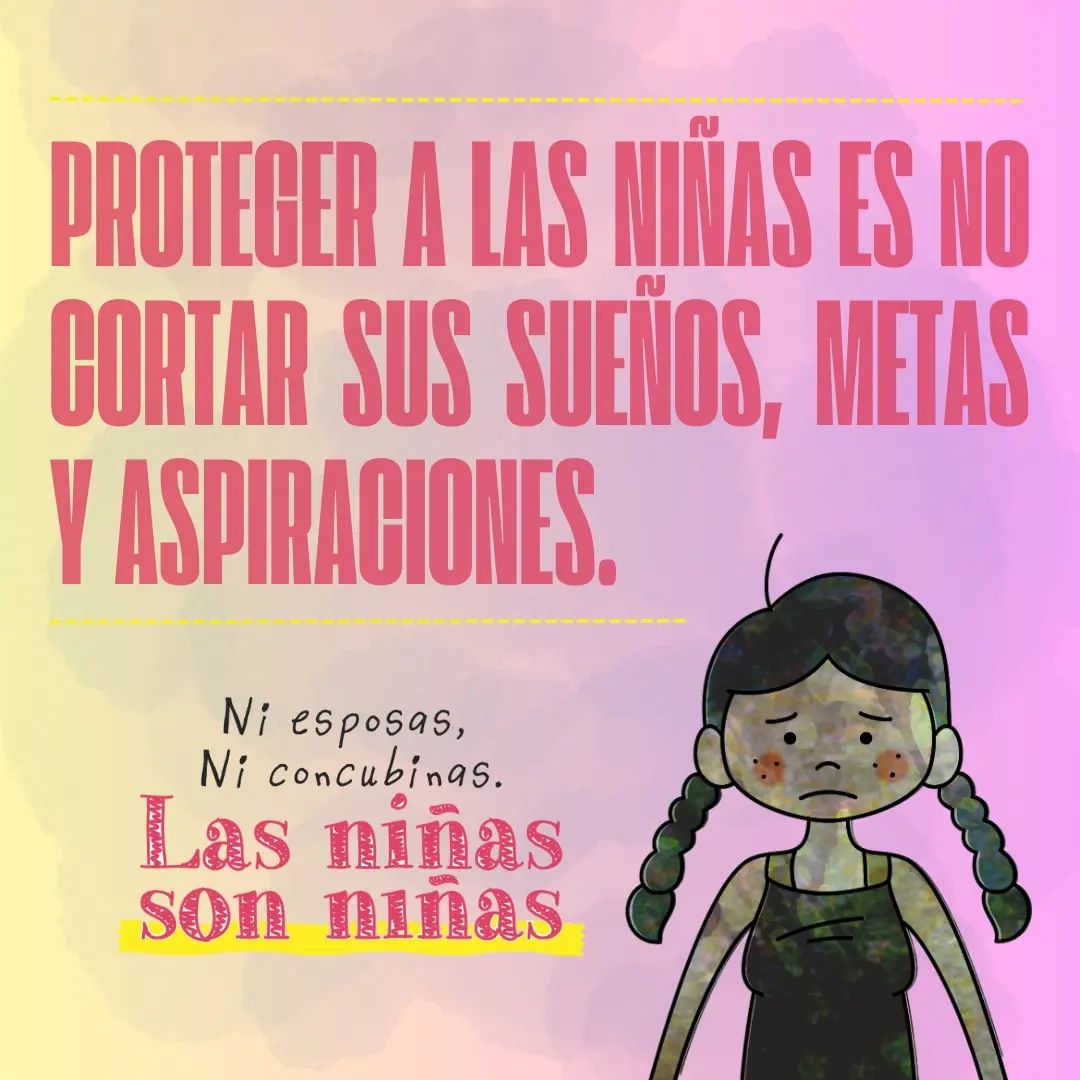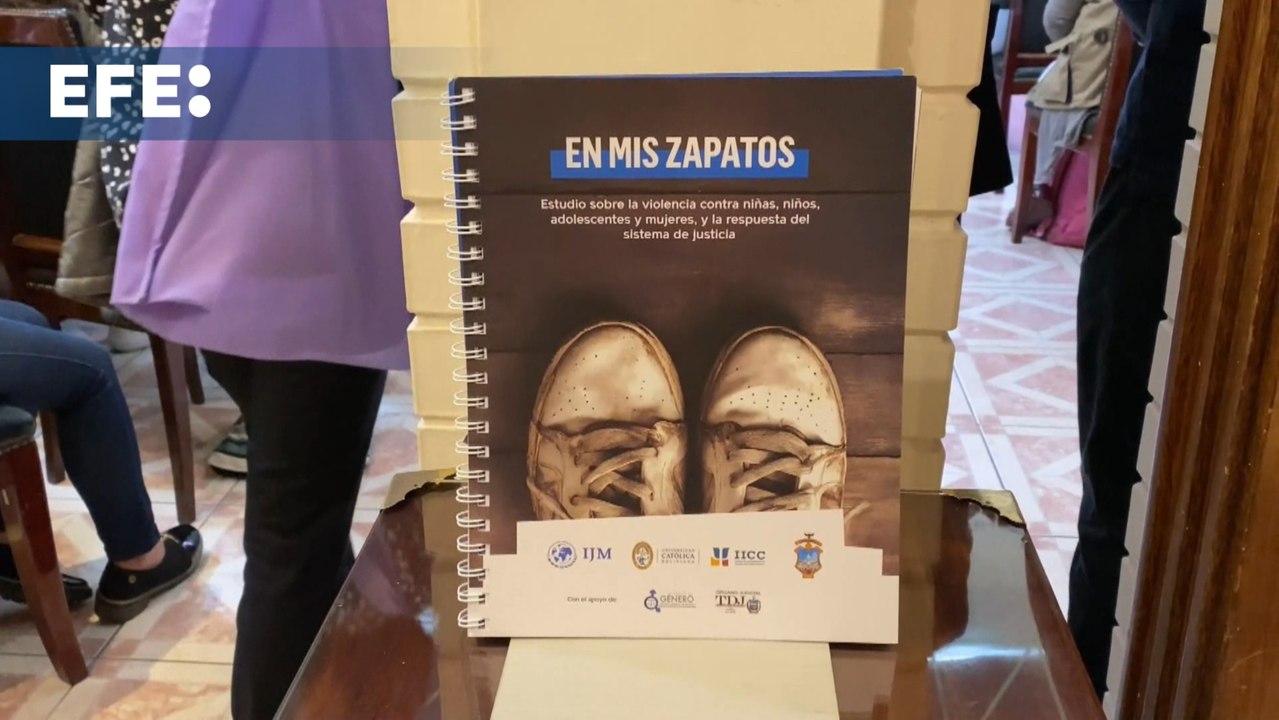One out of every two women and four out of every ten adolescents have suffered physical or sexual violence during their lives in Bolivia, according to a study presented on Thursday, which also ratified the lack of confidence in the questioned judicial system to ensure reparations to the victims of these events.
In My Shoes. Study on violence against children, adolescents and women, and the response of the justice system’ is the title of the research conducted by the International Justice Mission (IJM) Bolivia and the Institute for Research in Behavioral Sciences (IICC) of the Bolivian Catholic University (UCB).
The IJM initiative arose in order to have “fundamental baseline data” to expand its field of action, which was focused on the fight against violence against minors, and will now also include women over 18 years of age, Alejandra Cámara, IJM’s field director in Bolivia, told EFE.
According to Cámara, the entity saw in the IICC an “ideal ally to generate this study that can follow up on the work” to be carried out “within the Bolivia IJM project”.
The data will make it possible to request legislative changes such as the modification of the crime of rape of children and adolescents or the “imprescriptibility of sexual crimes,” he added.
The investigation was “very challenging” and took two and a half years in which more than 3,000 surveys were applied in the cities of La Paz, El Alto, Sucre and Cochabamba and some 700 jurisdictional control notebooks were reviewed, IICC institutional coordinator Marcela Losantos told EFE.
Alarming data
The study contemplates four axes or “domains”, the prevalence or occurrence of cases of physical or sexual violence against minors and women, the performance of the public criminal justice system (SPJP), the perception of trust in that system, and the dependence or willingness of victims to report and continue a process until justice is achieved.
One of the most relevant data is that one out of every two women and four out of every 10 adolescents have experienced physical or sexual violence in their lifetime.
Moreover, only two out of 10 women and one out of 20 adolescents who experienced such violence have reported it.
The report also indicates that 8 out of 10 adolescents and 54.6% of women who were victims of violence are at risk of suffering it again.
Only one in ten victims who shared with someone about the violence they suffered receives some type of service for their restoration
On the other hand, 4.53% of adolescents and 16.89% of female victims of violence have reported it, and only one in 10 victims who have told someone about the harm they suffered receive some type of service to help restore them.
Performance and confidence
According to Losantos, the review of the jurisdictional control notebooks showed that only 2.9% of the cases achieved an enforceable sentence and 60% “have been rejected”.
The investigation also revealed that the average times in the initial stages of the criminal process exceed the legal limits and that the average number of days elapsed from the complaint to obtaining an enforceable sentence exceeds the three-year period established by law.
“In this process there is constant re-victimization. Six out of ten of the people who suffer violence suffer it again while they are in the process of dealing with the complaint,” Losantos lamented.
Only 21.7% of respondents, including officials of the judicial system itself, have confidence in the overall effectiveness of the judicial system.
Losantos considered that confidence in the system “is not only a matter of the will of the officials, but of the conditions in which they find themselves at the moment”.
“The budget for justice is low and there is a very high turnover of personnel, there is low confidence of citizens in the system itself, so people think more than once when initiating a complaint,” he said.
The researcher highlighted the fact that the Magistrates Council allowed them to carry out this review “because there is no system that learns if it cannot look at itself”.
The data will allow a call “to action” to be made to institutions and society” to put themselves in the “shoes” of the victims, he said.
The study was presented at a time when the Bolivian judiciary continues in the chronic crisis it has been facing for years, in addition to the extension of its high magistrates in the absence of judicial elections that should have been held in 2023.

